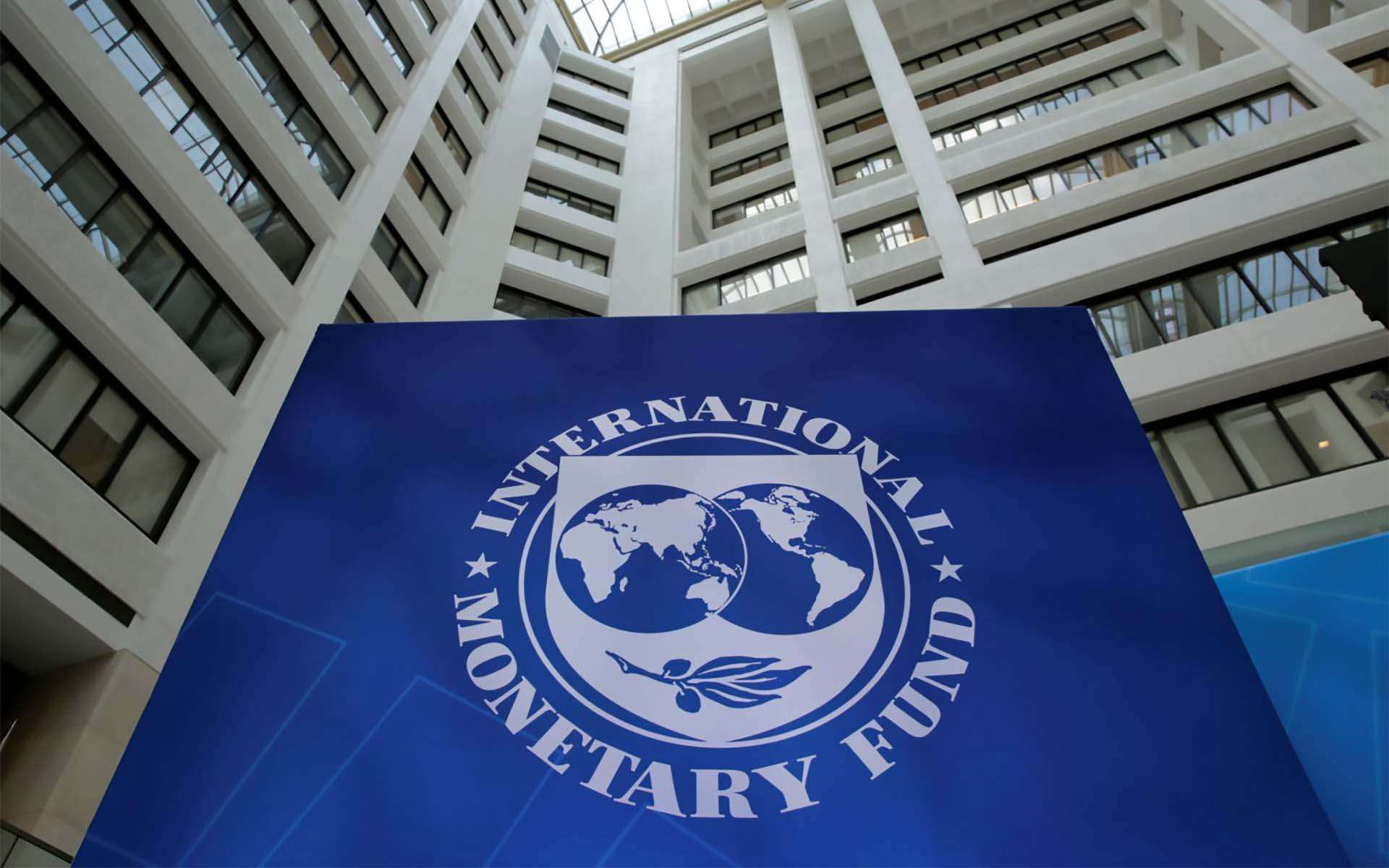
The International Monetary Fund is a financial institution that is currently working to stand-in global monetary cooperation, and promote the sustainable economic growth of nations. India is a founder member of the IMF, and apart from monetary assistance, India receives advisory help from the International Monetary Fund (IMF). Recently, the Deputy Chief Economist at the IMF, Petya Brooks, in an interview with PTI made a strong case for an additional economic stimulus to discuss the impact of the COVID-19 pandemic on the Indian Economy. She said, the nation has projected to grow at a relatively striking rate of 12.5% this year, and now it needs to grow at a much rapid pace to make up for the record contraction of 8% that it clocked during the COVD-19 duration.
Brooks said, when it comes to India there was a major collapse of output last fiscal year. However, the IMF is glad to see the strong rebound this year with projected growth of 12.5 for the fiscal year 2021-22 and we are seeing high-frequency indicators including Purchasing Manager’s Index (PMI), and trade and more mobility indicators which give us a sense that there is a continued recovery in the first quarter of this year.
Petya Brooks also indicated that there are a few current emergencies of the new variants in the localized lockdowns that are seen as one of the threats to this recovery. On the recovery itself, when it comes to the level in terms of the level of output, we are expecting that level to return to the pre-crisis one from 2019 to this fiscal year. However, the gap is 8% of GDP, and it is massively larger than what it is for the world as a whole.
The Government of India has taken many steps to address the COVID-19 crisis, and the IMF says that they have seen policy responses, which have been coordinated and, in several areas, they have seen that the fiscal support, the monetary easing as well as the liquidity and regulatory measures that were taken. And what makes sense is to maintain the focus on having that coordinated policy response because that is to prevent the long-term damage to the Indian economy. Likewise, providing that support to small and medium-sized firms as well as vulnerable houses would be specifically crucial to the economy.
Brooks said that the IMF very much welcomes the measures that were announced by India during the budget. It is specifically supportive of upholding the cooperative fiscal stance and similarly emphasizing expenditures on health and infrastructure. While talking about the several measures announced in the Indian budget, she added, “We estimate that the positive impact of the measures for this fiscal year is going to be the order of point six percentage points on growth”. Prominent among them is that there would not be a withdrawal of fiscal stimulus at the general government level and also that state governments would be given the temporary flexibility to go over their budget ceilings.
According to Brooks, for the world as a whole its about 3%, which is another way of saying that even though in the near term we have this real rebound, there is still scope in the coming years to see higher growth which would reduce and hopefully, eliminate that scarring, which we are presently expecting. She said, “If we were to just think about the level of output that it was prior to being a pandemic then that catch happens this year, which is not surprising also given the very high level of the underlying high level of growth that India has. But again, if we compare it to the path of what it would have been without the pandemic then we are getting too many larger gaps there”.
In general, the IMF is relatively supportive of this focus on growth, and it believes that India needs to grow at a much faster pace to make up the unprecedented contraction of growth during COVID-19. Taking measures in this area would be particularly helpful and similarly making sure that there is priority spending on education. Presently, when it comes to monetary policy, we think that given the underlying slack in the economy, maintaining the accommodative monetary policy stance makes sense, and this is what we understand is being planned at the moment.
Brooks also said, “This has been our long-lasting recommendation that we see scope for additional policy measures to address the weakness in the financial sector. We think that this is going to be particularly important as we come out of the crisis to have that efficient credit intermediation, which is going to allow the economy to grow”. While replying to a question on the stimulus package, she highlighted the requirement to really have provided support for households and for the firms that have been most affected is the most efficient and sensible way to provide that support. And the positive impact of the measures for this fiscal year is going to be the order of growths in the Indian economy.
___________________
Reference:
- www.economictimes.com
- www.tribuneindia.com
